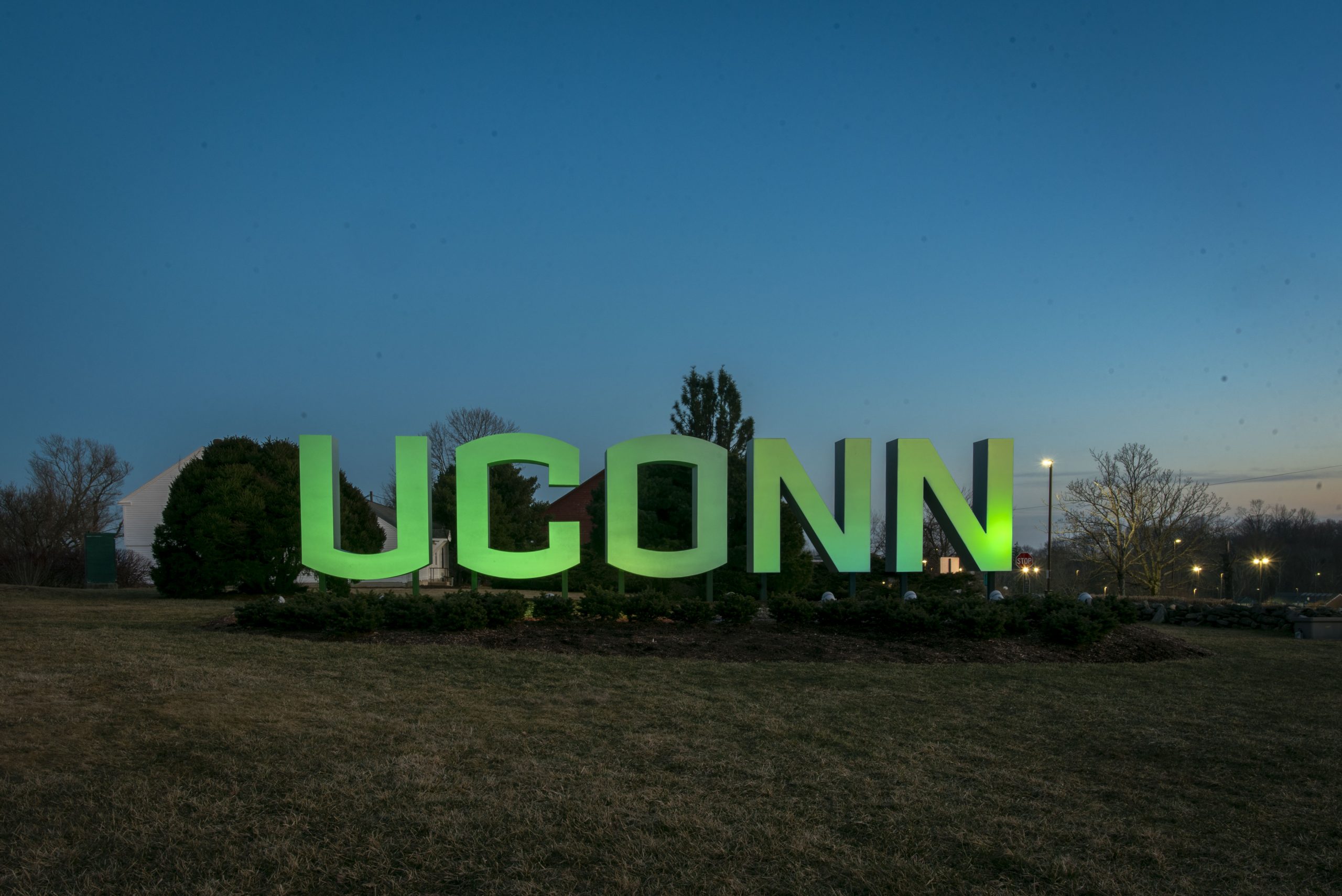 Three startup technology companies developed at UConn have been awarded funding from Connecticut Innovations (CI), a quasi-public authority that seeks to boost Connecticut’s economy by developing spin-off companies that market faculty-produced research and create jobs in the process.
Three startup technology companies developed at UConn have been awarded funding from Connecticut Innovations (CI), a quasi-public authority that seeks to boost Connecticut’s economy by developing spin-off companies that market faculty-produced research and create jobs in the process.
The investments of $150,000 each into the three companies – AlloStem Therapeutics LLC, Alphachromics Inc., and Shizzlr Inc. – were among the more than $1 million of capital the agency committed last month to seven Connecticut-based technology startup companies through its Pre-Seed Fund.
The Pre-Seed Fund was launched six months ago as a new component of the state’s high-tech economic development apparatus. It provides loans to early-stage technology companies emerging from universities, and dovetails with other state-supported tech startup resources to advance economic growth. The money awarded may be used for a wide range of startup expenses, such as accounting or legal fees, intellectual property development, technology and prototype development, business plan development, market analyses, and hiring of advisors and employees.
“Entrepreneurship is clearly alive and well in Connecticut,” said Peter Longo, CI’s president and executive director, who announced the awards. CI evaluated the applications from startups from around the state for uniqueness, the innovative nature of the technology, commercialization potential, market potential, management expertise, and evidence of matching funds from private investors.
Longo noted that of the three UConn awardees, one (Alphachromics) was formed by UConn’s Research & Development Corp. and is using licensed technology developed by a chemistry professor at the University; another (Shizzlr) was conceived at UConn; and the third (AlloStem Therapeutics) is located within the technology incubator at the Health Center.
Technology incubators complement the CI funding by providing space – including lab space – and business and technical resources to entrepreneurs who have innovative ideas but could benefit from a relationship with the University, says Rita Zangari, executive director of UConn’s Technology Incubation Program and director of the Office of Technology Commercialization. Her office hosts 15 to 20 startups annually, aiming to increase the likelihood of financial success for the fledgling companies.
“It can be very difficult for new companies to succeed without the proper support,” Zangari says. “CI’s pre-seed funding is aimed to grow these innovative startups.”
“CI has sponsored the UConn Technology Incubator Program at Farmington as one of its CTECH incubator sites,” she adds. “We are very pleased to be partners with them. CI not only offers funding, but has capacity to help our startups build valuable relationships with industry and investors.”
Uday Khire, president and CEO of Cheminpharma LLC, which launched AlloStem Therapeutics LLC, is enthusiastic about the support his company received from Connecticut Innovations. “Our company has been successful in providing medicinal chemistry services to several biotechnology companies,” he says. “The CI investment team recognized that, and is supporting businesses like ours at the vanguard of drug discovery and delivery.”
Cheminpharma LLC is a medicinal chemistry, pre-clinical drug discovery services company located at UConn’s Technology Incubator Program in Farmington. It has developed a novel series of compounds and recently launched AlloStem Therapeutics LLC, an early-stage pharmaceutical company committed to helping cancer patients by the development of targeted cancer therapies.
The compounds inhibit the RAS pathway, a cellular signaling pathway that is important in the regulation, proliferation, differentiation, development, and survival of cells. Mutations in this pathway have been implicated in deregulated cell proliferation and cancer progression. AlloStem believes that its compounds may hold promise in the treatment of melanoma, and colon and ovarian cancers – either as a single agent or in combination with other known cancer treatments. The therapy is currently undergoing pre-clinical testing and is expected to reach clinical trials in early 2012.
Alphachromics Inc., a spin-out company launched by UConn’s Research & Development Corp., using licensed technology created by chemistry faculty in Storrs, is developing a portfolio of conductive polymer technologies that can be used in a wide variety of products. This technology, which allows polymers to change colors using a minimal electrical charge, has potential applications in eyewear products such as goggles and helmets, energy-saving windows, and custom fabrics. The company’s innovative, low-cost manufacturing process is the basis for its competitive advantage in these rapidly developing markets.
The third startup, Shizzlr Inc., based in New Haven, is an internet-based company created by two graduate students from their UConn dorm room that offers an online social planning tool to help college students gather and organize information about social events, gatherings, and activities. With Shizzlr you can see local and school events, what plans your friends have, and places to go. After seeing what’s happening around you and where the crowd is going, Shizzlr simplifies communicating with your close friends so you can make plans. The technology allows you to have group conversations with friends via text message, the Web, e-mail, and mobile applications – so everyone can give their input and stay up to date on when and where to meet up.


